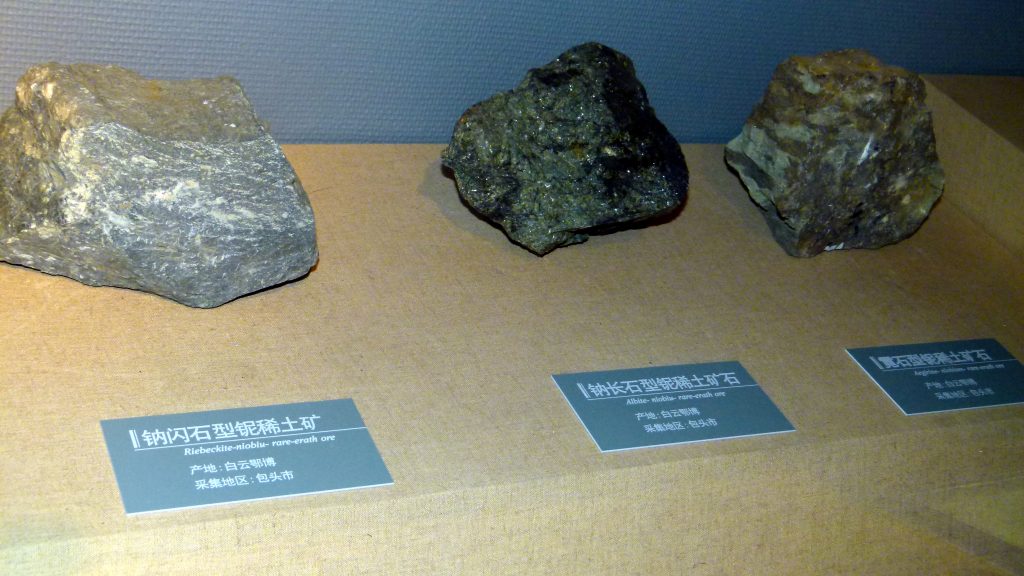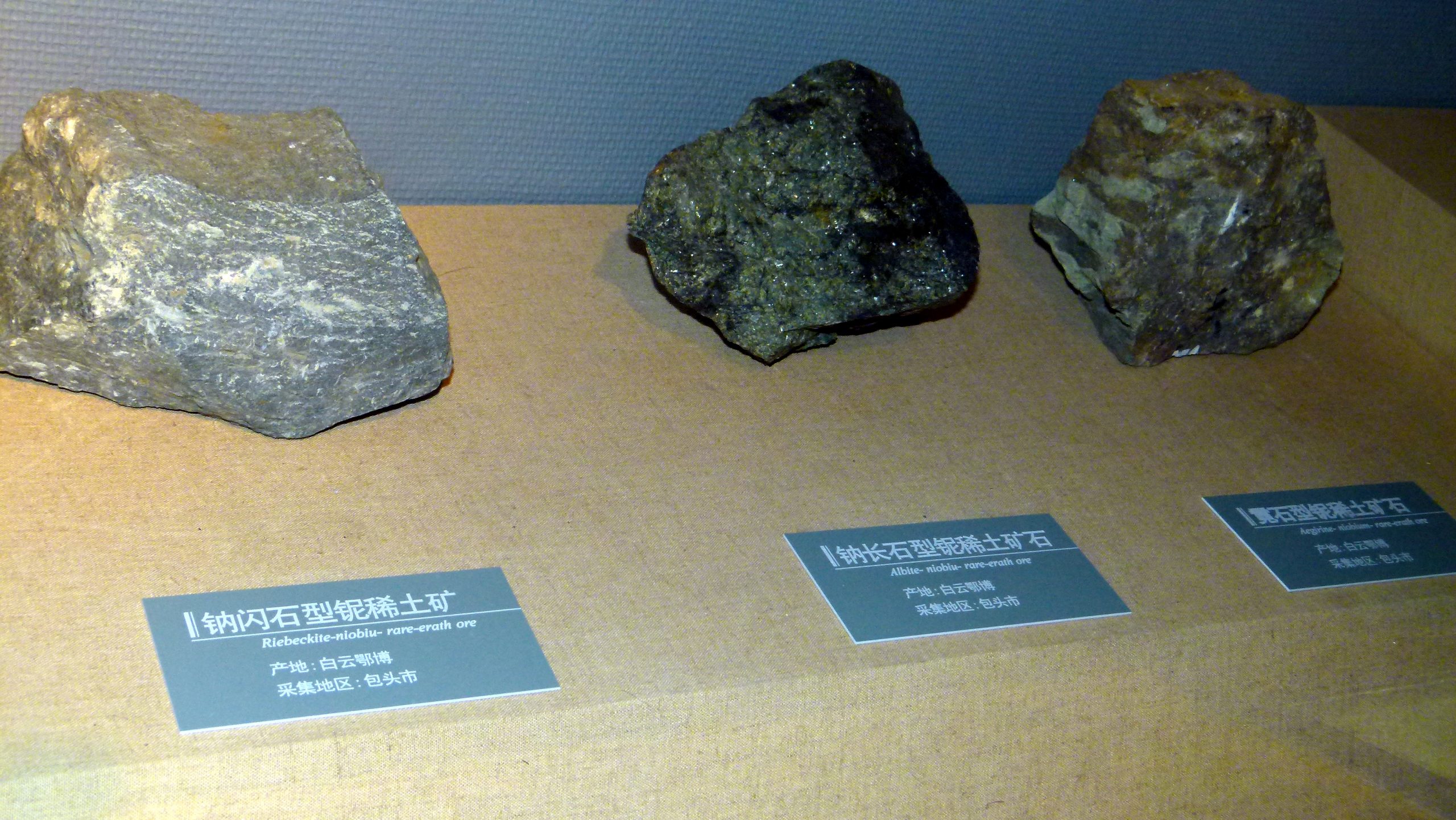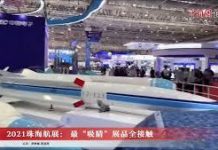
China’s recent implementation of export controls on gallium has the potential to profoundly impact the defense industry of the United States. Gallium, a critical component in advanced radar systems, is a material in which China currently holds the dominant position as the world’s leading producer and supplier. Experts emphasized the significance of these systems, which are vital to warplanes, warships, and ground installations.
Effective August 1, China will subject the export of gallium, germanium, and related chemical compounds to stringent control measures. The Ministry of Commerce and General Administration of Customs of China conveyed this decision through an official notice on Monday.
The announcement made it evident that specific items will not be allowed to leave the country without official approval, as this strategic and tactical move aims to fortify national security and safeguard China’s interests, according to the statement issued.
Observers have highlighted that gallium and germanium play pivotal roles in the semiconductor and other electronic components industry. Chinese military experts believe that these export controls, particularly on gallium, could deal a significant blow to the US defense industry, which is currently working to constrain China’s military advancement.
The foundation of Active Electronic Scanning Array (AESA) radars, extensively employed in modern warplanes, warships, and ground installations, heavily relies on gallium arsenide (GaAs) and gallium nitride (GaN) materials. Fu Qianshao, a well-known Chinese military aviation specialist, is recognized as an expert in these elements, as reported by the Global Times.
Notably, prominent US defense contractors such as Raytheon and Northrop Grumman are on the verge of introducing new AESA radar systems that predominantly utilize GaN. These systems promise superior performance compared to their GaAs-based predecessors and are already being integrated into radars for carrier-based fighter jets like the F/A-18E/F and the F-35 stealth fighter.
Interestingly, both GaN and GaAs are currently subjected to export controls in China. With China commanding around 85% of the world’s gallium reserves, Western countries, including the US, face substantial challenges if they attempt to circumvent reliance on Chinese materials. This observation was made by Fu himself.
Analysts have observed that the US frequently deploys warplanes and warships near China’s territorial waters for reconnaissance, provocative transits, exercises, and to project deterrence. These actions, coupled with ongoing arms sales to Taiwan, are perceived as deliberate efforts to impede China’s development and encroach upon its national security and interests.





